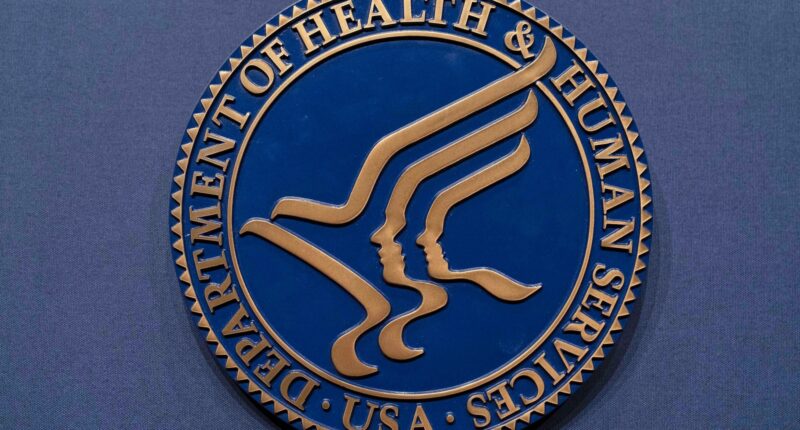WASHINGTON — A new pilot program was introduced by the US Department of Health and Human Services on Wednesday. The program involves the National Institutes of Health utilizing Medicare and Medicaid data to investigate the underlying causes of autism.
This initiative will involve the analysis of a database that will include information from insurance claims, medical records, and even data from wearable technology like smartwatches. The establishment of this database marks one of the initial actions taken as part of HHS Secretary Robert F. Kennedy Jr.’s efforts to identify the origins of autism “by September.”
Despite the intent behind creating this database, the announcement faced immediate criticism from advocacy groups and medical professionals who expressed concerns over the plan to monitor autism cases through such means.
RELATED: RFK Jr. lays out new studies on autism, shuts down ‘better diagnoses’ as a cause
NIH Director Dr. Jay Bhattacharya’s initial description last month of a “new autism registry” with “broad coverage” of the U.S. population raised red flags and questions about privacy, the Autism Science Foundation said in a statement shortly after the news. The Autism Self Advocacy Network lambasted the project as an example of how this administration has “completely frozen out autistic people.”
HHS nodded to those concerns in its announcement Wednesday. It said NIH and Centers for Medicare & Medicaid Services will start with a data use agreement focused on Medicare and Medicaid enrollees diagnosed with autism spectrum disorder, then establish a “secure tech-enabled mechanism” that will share data with “timely, privacy and security compliant data exchange.” The agencies will eventually build the pilot database out to share data on chronic illnesses and their economic burden, HHS said.
“Ever since the registry was first announced, there was an enormous sense of fear in the autism community, and they have concerns: Who’s going to have access to data? How are those data going to be used?” Helen Tager-Flusberg, director of Boston University’s Center for Autism Research and leader of the Coalition of Autism Scientists, told CNN.
There are also limitations to CMS data, Tager-Flusberg said. “If you’re talking about Medicare and Medicaid, that only focuses on certain portions of the population.”
Medicaid is a federal and state partnership covering low-income adults and children. Medicare is a federal program primarily for Americans 65 and older, although younger people with disabilities are also enrolled.
RELATED: Estimated 1 in 31 children have autism as diagnosis rates increase in the US: CDC
There are permissible uses of CMS data for medical research but very stringent privacy laws, Jeff Wurzburg, former HHS general counsel and a health care regulatory attorney at Norton Rose Fulbright, told CNN before Wednesday’s announcement. “One of the primary, overarching goals of CMS is protection of the beneficiary. So it’s certainly legitimate and reasonable to raise questions about how this data will be collected and protected.”
Autism advocates and scientists have also questioned Kennedy’s claim that health agencies would find the causes of autism by September, a timeline that Bhattacharya already appeared to walk back.
“Science happens at its own pace. We’re accelerating and cutting the red tape that normally comes with putting together a scientific program like this,” he told reporters on April 22. “We’ll have, I hope, in September, something that in place where the scientists that want to want to compete for these awards will be able to do that.”

















